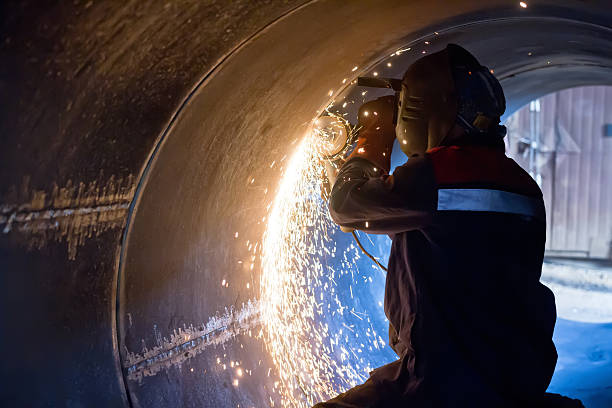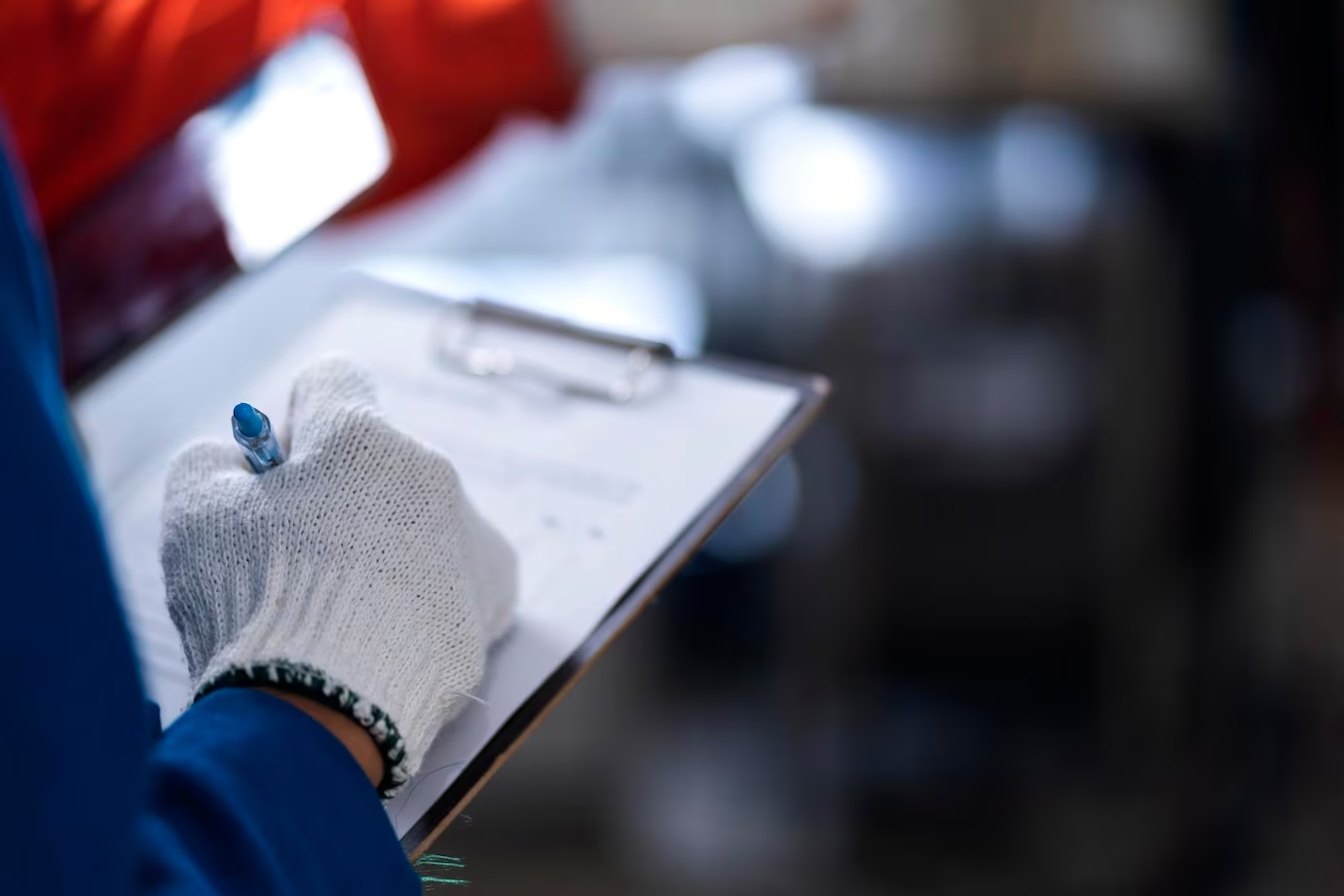Key Challenges and Solutions in Manufacturing Components and Parts
by MSL India MSL Composites is one of the best FRP component maThe manufacturing of assemblies, components, and parts for the transportation industry, specifically buses, railway systems, and metro, is a complex and demanding process. These essential products, including windows, chassis, bogie frames, sidewalls, doors, coaches, and seats, play a vital role in ensuring the safety, functionality, and comfort of public transportation. Here we will explore the key challenges faced by manufacturers in this industry and discuss potential solutions to overcome them.
Challenges in Manufacturing
Innovation
Manufacturers in this industry must continuously strive to innovate and develop new ideas to meet evolving demands and stay ahead of the competition. The challenge lies in identifying innovative solutions that enhance the functionality, durability, and efficiency of the manufactured parts.
Cost-effectiveness

Achieving cost-effectiveness is crucial to make the final product affordable for the end-users. Manufacturers need to optimize their production processes, minimize material waste, streamline supply chains, and leverage economies of scale to reduce overall costs without compromising on quality.
Quality

Manufacturing components and parts on a large scale requires meticulous attention to quality. Maintaining consistent quality standards throughout the production process can be challenging due to variations in raw materials, complex manufacturing techniques, and the need for compliance with safety regulations.
On-time Delivery
Public transportation systems heavily rely on timely delivery of assemblies, components, and parts. Meeting delivery deadlines while ensuring adherence to quality standards and specifications can be a significant challenge for manufacturers. Any delays in the supply chain can disrupt production schedules and impact the entire transportation network.
Testing
Rigorous testing at various stages of production is essential to guarantee the functionality, reliability, and safety of the manufactured parts. Implementing a comprehensive testing schedule, including quality checks, stress tests, and performance evaluations, can be a challenging task.
Solutions to Overcome Challenges
Capability of R&D
Investing in a strong in-house research and development (R&D) team enables manufacturers to stay at the forefront of innovation. By conducting thorough research and experimenting with new design concepts, manufacturers can develop cutting-edge solutions that address industry challenges effectively.
Strict Quality Management
Implementing a robust quality management system is vital to ensure consistent product quality. Manufacturers should establish rigorous quality control procedures, perform regular inspections, and enforce strict adherence to industry standards and regulations. Continuous improvement initiatives can help identify and rectify any quality issues promptly.
Qualified Engineers
Having a team of highly qualified engineers is crucial for successful product development. These professionals bring technical expertise, problem-solving skills, and industry knowledge to the manufacturing process. Their involvement ensures efficient production and enables manufacturers to tackle various manufacturing challenges effectively.
Smooth PDLC
A well-structured and streamlined product development life cycle (PDLC) is essential for efficient manufacturing and on-time delivery. By adopting efficient project management practices, manufacturers can reduce lead times, improve coordination between teams, and enhance overall productivity. Clear communication channels and effective collaboration among stakeholders are key to achieving a smooth PDLC.
Advanced Machinery
Investing in advanced machinery and manufacturing infrastructure can significantly improve production efficiency and scalability. Automated systems, robotics, and other advanced technologies enable manufacturers to handle large-scale manufacturing and complex processes with ease. Upgrading machinery also enhances product quality, reduces downtime, and increases overall productivity.
Conclusion
The manufacturing of components and parts for buses, railways, and metro comes with its share of challenges. However, by embracing innovation, ensuring cost-effectiveness, prioritizing quality, maintaining on-time delivery, and implementing thorough testing, manufacturers in this industry can overcome these challenges and meet the demands of the transportation sector.
To succeed in this competitive landscape, manufacturers must foster a culture of innovation, constantly seeking new ideas and solutions to enhance their products.
Sponsor Ads
Created on Jun 15th 2023 04:58. Viewed 107 times.



